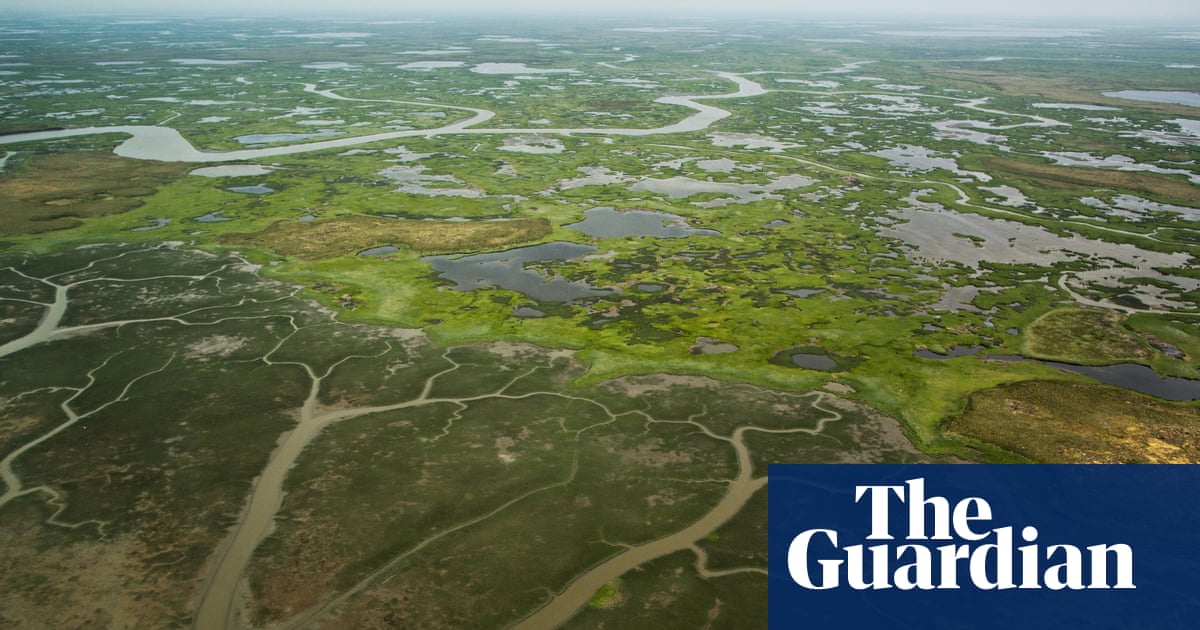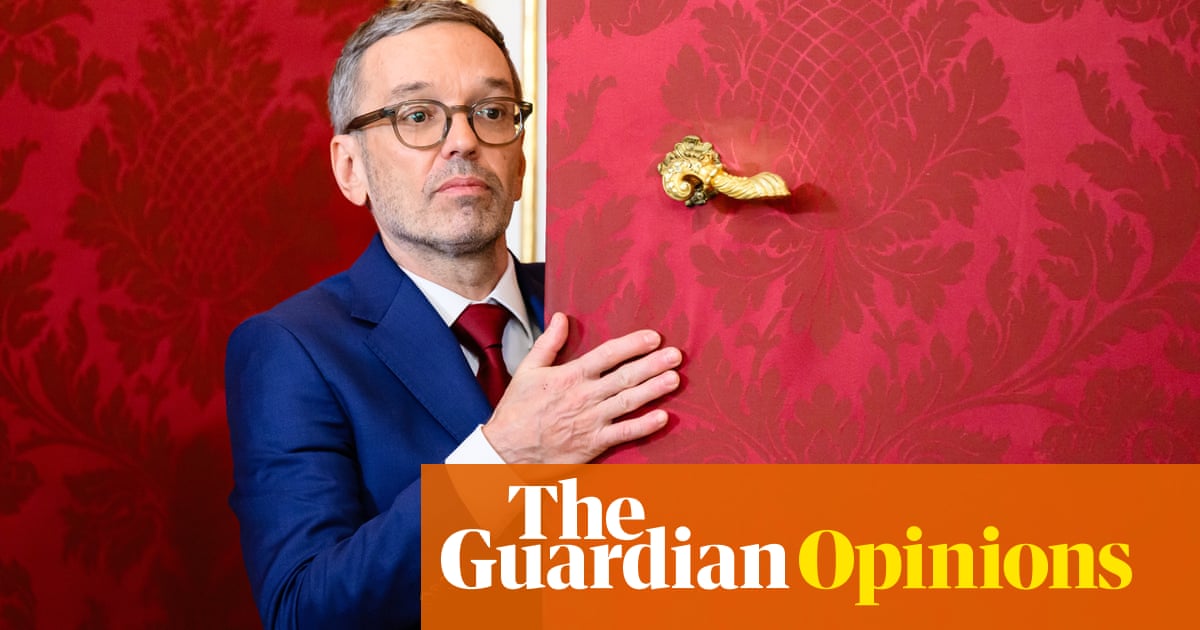Hazem Suleiman is a member of the Gaza Sunbirds, a paracycling team based in Gaza. A former footballer, he lost a leg as a result of being shot in protests at the Rafah border in 2018. We first spoke to him five months ago as part of our Gaza Voices series on everyday Palestinian life. At that time, Suleiman, who also photographs and documents life in Gaza, was dealing with the toll of displacement from his home in Rafah to the town of Khan Younis.
He and the other Sunbirds had been training hard, hoping to represent Palestine in the 2024 Paralympics in Paris, but after the Israeli assault on Gaza following Hamas’s attack on 7 October 2023, they were unable to realise this dream. They did at least achieve their goal – to compete in an international competition for the first time – in May this year: the Para-Cycling Road World Cup, in Belgium and Italy.
Suleiman has been displaced twice since we last spoke. Days after our conversation in July, he fled from western Khan Younis towards Rafah, at the southern end of the Gaza Strip. He knows precisely how long he and his young family of 10 sheltered near Rafah: 41 days. In late September, they returned to the Khan Younis neighbourhood and put up their blue tent in the same spot.
“When we came back, everything was destroyed. It wasn’t what it used to be before we left. Every now and then, we still hear shelling, or a tent or nearby building is bombed,” he says. He saw the bodies of several friends and neighbours on their return journey.
The buzzing of a drone overhead is at times so loud that it drowns out Suleiman entirely. He flips his phone around to show the destruction of the neighbourhood of sandy-coloured apartment blocks known as Hamad City. Israeli bombardments, he says, have gutted the interior of the buildings. In the shadow of the ruined buildings, he points the camera down to show the flowers and peppers he has planted since his return.
“After we came back, we brought tiles from the street and put them inside our tents,” he says. “Partly this was because we don’t want to live with floors made of sand. But it also shows that these are our homes. We care about these details.”
Even the roads that Suleiman described using for short cycling trips when we spoke before have been damaged beyond recognition in the months since. Lanes of smooth asphalt have been replaced by sandy dirt tracks strewn with shattered concrete. “All the decent roads were destroyed and, no matter how good a cyclist you are, it’s so difficult to use them,” he says. “My bike is great and I’m a good athlete, but it’s still so hard.”
When the Gaza Sunbirds’ co-founder, Alaa al-Dali, evacuated from Gaza and competed in Belgium and Italy last May, it marked a peak for the group’s sporting achievements. But the question of what the team should do next loomed large, along with others about what it meant to be in a paracycling group where many now have no ability to train, no homes – no bikes, even.
Whereas leaving Gaza was once extremely difficult, it has become impossible. Karim Ali, the Sunbirds’ other co-founder, says the Sunbirds have stopped keeping track of the number of people they know who have been killed since last year. “We have to adapt to the situation the world has put us in, but the entire system isn’t built for it,” he says.
The group is mostly working on delivering aid to those suffering in Gaza, where people are coping with constant loss and struggling to feed themselves and their families. They are trying to ensure that food aid organised by the Sunbirds reaches people amid a steep drop in aid access, which has become even worse since October (they are heavily reliant on overseas donations via their Go Fund Me page). Their latest initiative is pizza-making workshops for thousands of Gaza children.
They are also hoping to raise enough money to help the tens of thousands of new amputees in Gaza. “We need advocates for people with disabilities in Gaza and I hope the Sunbirds can play that role in future,” Ali says. “We are going to need people with disabilities in the driving seat when, eventually, communities can rebuild in an accessible way … our objective is to create a paracycling and rehabilitation centre in Gaza for amputees.”
Suleiman says he declined to evacuate for the race in Belgium, because he didn’t want to leave his family behind. “Even if I had the option to live in any part of world, I would always choose Gaza. There is a relationship between Gaza and its people that no one can understand – I would never want to leave this place,” he said.
In September, he founded an aid organisation, Mulham Charity Team, to deliver hot food to his neighbours. He hopes to grow it enough to deliver aid across Gaza and overseas.
“My main dream is to wake up tomorrow to a ceasefire. This is what we’ve always wanted,” he says. “But the first and last journey for me is to be able to get a prosthetic leg. I have a bacterial issue in the bone where my leg was amputated, so I can’t attach a prosthesis – my dream is to be able to do that one day.”
Suleiman says that each time he passes another amputee, he stops to talk to them and offer advice. He still wakes up each day at 6am and tries to gather food, fighting against the rising prices, trying to catch a glimpse of the sea as he rides his bike.
“I want to prove to the world that I am unstoppable, that I can continue doing my job with one leg, that even in a war I will risk my life to take photos and tell the world what’s happening, that even after shells fell on our homes, we rose from under the rubble.”

 4 weeks ago
28
4 weeks ago
28













































